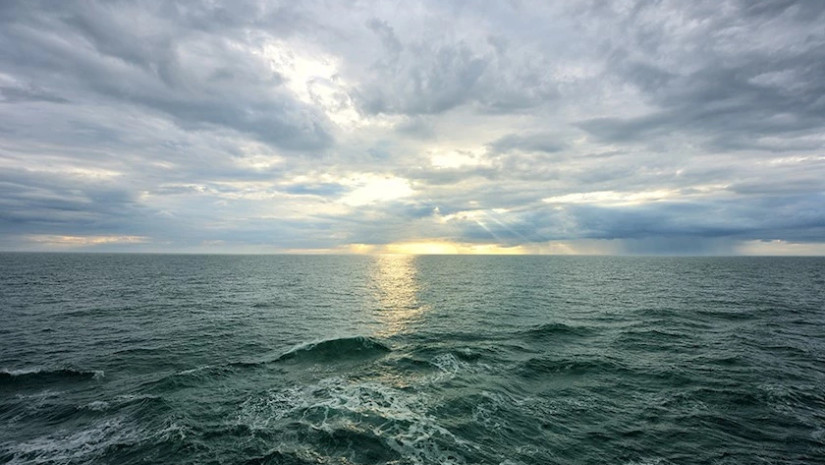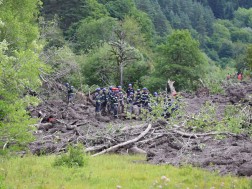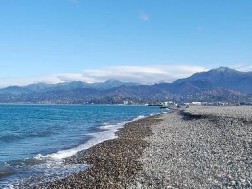The National Environment Agency issued a statement regarding the expected dangers in the Black Sea waters of Georgia due to the explosion of the Kakhovka Hydroelectric Power Plant in Kherson region.
As explained by the National Environment Agency, the quality of sea water is within the norm on the entire perimeter. In addition, they add that, according to experts' assessment, it is important for the prevention to increase the frequency of monitoring the quality of sea water in order to detect and evaluate possible expected changes in a timely manner.
"As it is known, as a result of the explosion in the Kherson region, a large volume of water was discharged into the Black Sea, which may contain a large amount of biogenic elements, pesticides and other pollutants.
As for the expected dangers in the Black Sea water area of Georgia, first of all, the directions of water currents that characterize the Black Sea should be taken into account. Both the main and coastal currents are variable and depend on the seasonal fluctuations of the rivers flowing into the sea and the winds.
At this stage, the National Environment Agency monitors the Black Sea water at 9 stations every month, thereby determining the main physico-chemical parameters, including salinity, as well as the content of oxygen and nutrients dissolved in the water. From 2020, once a year, an examination of heavy metals and organic pollutants in the surface and bottom layer is carried out.
In accordance with the EU Marine Strategy Framework Directive, the National Environment Agency is improving its monitoring systems. At this stage, laboratory equipment of modern standards has already been purchased, with the help of which specific pollutants can be determined with high accuracy.
According to the laboratory studies conducted by the National Environment Agency, the quality of sea water is within the norm on the entire perimeter," reads the statement.
















